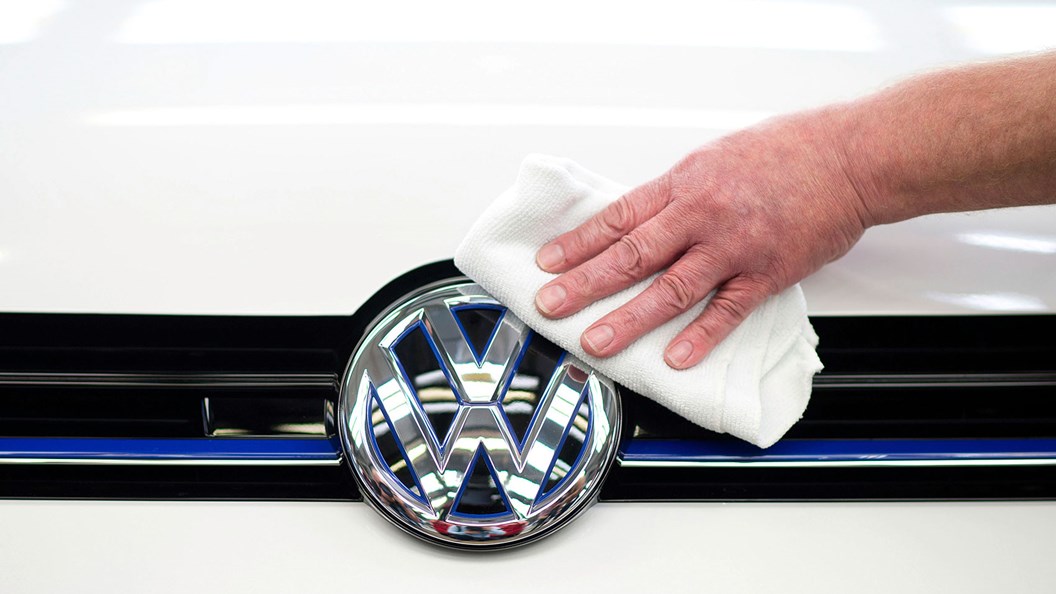Volkswagen said that the rapid recovery of the automotive sector after closing plants in 2Q20 in the Covid-19 pandemic has resulted in a bottleneck in semiconductor supply. This covers Volkswagen, Skoda and Seat passenger cars and commercial vehicles and, to a limited extent, Audi.

When industrial and automotive sectors slowed down due stay-in-place restrictions, the semiconductor manufacturers switched to supplying datacenter and consumer sectors. As a result automotive customers are finding it difficult to turn supply chains back on.

Volkswagen said the lack of availability of semiconductor products is causing production constraints in China, North America and Europe for models based on the MQB platform. It did not state the percentage reduction of production or how long the reduced production would last.
“We have come through the crisis well so far, thanks to excellent procurement and production management. However, we are now feeling the effects of the global shortages in semiconductors,” said Murat Aksel, designated board member for purchasing in the group, in statement. “We do everything to keep production downtimes as low as possible so that we can deliver to our customers as quickly as possible.”

However, strong demand in the consumer sector is also driving some shortages, according to reports.
In the area of solid-state drives (SSDs) a shortage of flash memory controller ICs is also expected to curtail manufacturing, although NAND flash memories are in over supply.
The summer was also marked by stockpiling of chips by telecoms giant Huawei ahead of mid-September when its suppliers had to fully comply with US sanctions and stop providing chips. The situation was made worse by Huawei’s smartphone rivals seeking to gain market share by stepping up their own component orders.